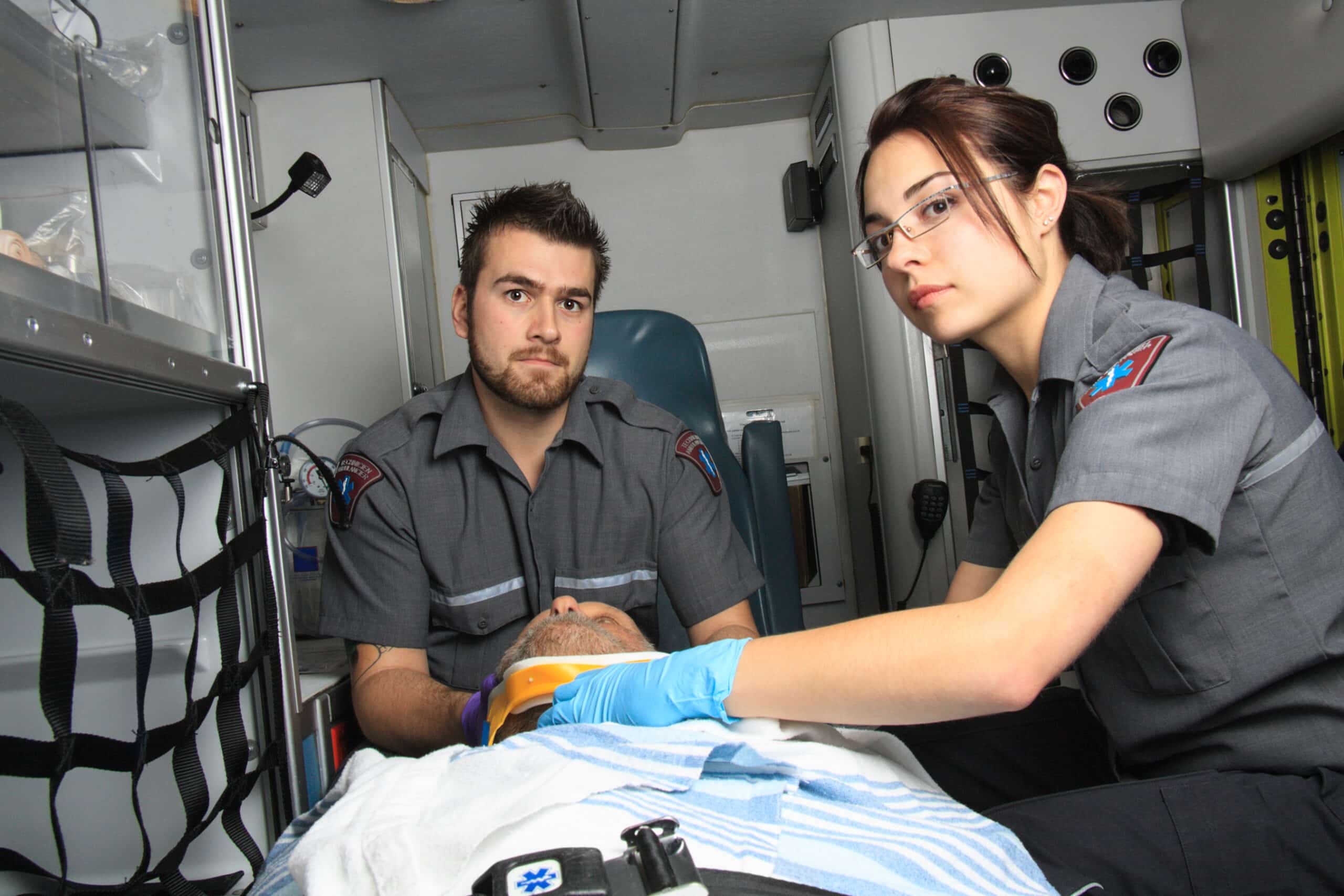


EMS providers are constantly under stress, whether it’s from dealing with emergencies or providing medical care in difficult circumstances. While some stress is unavoidable and can even be beneficial, too much stress can have negative effects both physically and mentally. It’s critical for EMS personnel to understand how to manage their anxiety levels in order to remain healthy and do their job well.
Working long hours in a row, not planning rest times when you’re not at work, taking sleep aids or alcohol to fall asleep, or “listening” to the radio while resting on a lengthy shift at work are all examples of poor sleep hygiene. Sleep serves an important role in the brain’s ability to organize memories, recuperate, and recharge itself. Even mild amounts of stress can be exacerbated by lack of sleep or poor sleeping habits.
Eating nutritious meals helps your body to perform at its best. Include plenty of fruits, vegetables, and whole grains in your diet to help your body function properly.
Aerobic exercise has a neuro-chemical foundation for its psychological benefits. Aerobic exercise lowers stress hormones such as adrenaline and cortisol in the body. It also stimulates the production of endorphins, which are brain chemicals that function as painkillers and mood boosters. The “runner’s high” and feelings of peace and optimism that follow many hard workouts — or, at least, the hot shower after your work out is finished.
When you’re feeling overwhelmed, take a few minutes to yourself to relax and rejuvenate. Go for a walk, take a hot bath, or simply step away from your work.
Spending time with family and friends may help you relax. It can also be beneficial to talk to someone who understands what you’re going through.
Don’t hesitate to get professional assistance if you’re having trouble coping with stress. A therapist can help you use coping skills in a healthy manner.
By following these tips, you can help reduce stress levels and improve your overall well-being.


